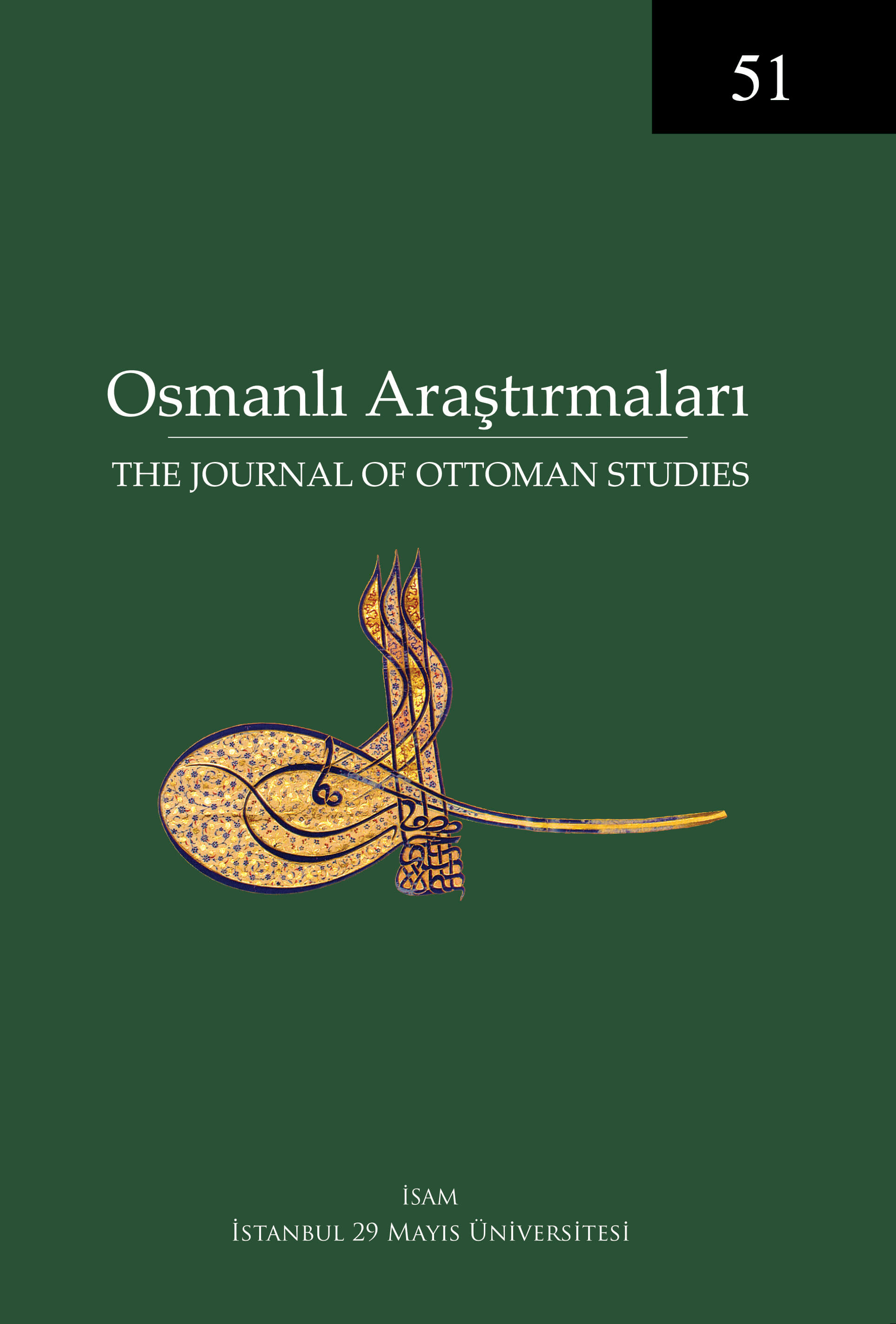Prelude to Ottoman Decline Consciousness: Monetary Turbulence at the end of the Sixteenth Century and the Intellectual Response
Keywords:
Ottoman Currency, Monetary Turbulence, Inflation, Trade Balances, Economic Thought, Decline Consciousness, Gelibolulu Mustafa ‘Âlî, Taşköprülüzâde Kemâlüddîn Mehmed Efendi, Makrîzî, Cigalazâde Sinan PaşaAbstract
The first section of this bipartite essay deals with different approaches to the mon- etary turbulence experienced in the Ottoman world in the late-16th century. Com-bining “real” economic factors with the “quantity theory of money,” it underlines population growth and the velocity of circulation as well as structural aspects of Ottoman trade balances vis-a-vis the west and the east. The focus of the second section is on the observations and analyses of authors from the Ottoman ruling elite with respect to monetary and price movements. Ottoman statesmen and intel- lectuals were sharply concerned with these developments, discussed and analyzed them, and proposed measures. With monetary stability as its core concern, their perspective emphasized the role of political authority and evaluated the problem in terms of its consequences in the realm of social balances. It was accompanied by an anxiety about “deterioration” replacing “order,” and about established hierarchies be- ing toppled, in the face of the autonomy gained by certain dynamics, which we now consider to be in the sphere of “the economy.” The threat to order posed by price hikes and the erosion of the system of price controls cannot be met but by bringing stability to the currency. In that context, and in order to support Cigalazade Sinan Pasha’s currency reform, Taşköprülüzâde Kemâlüddîn Mehmed Efendi translated Makrîzî’s 15th-century text on monetary crises in Egyptian history and added an appendix with his original analysis of Ottoman circumstances.




